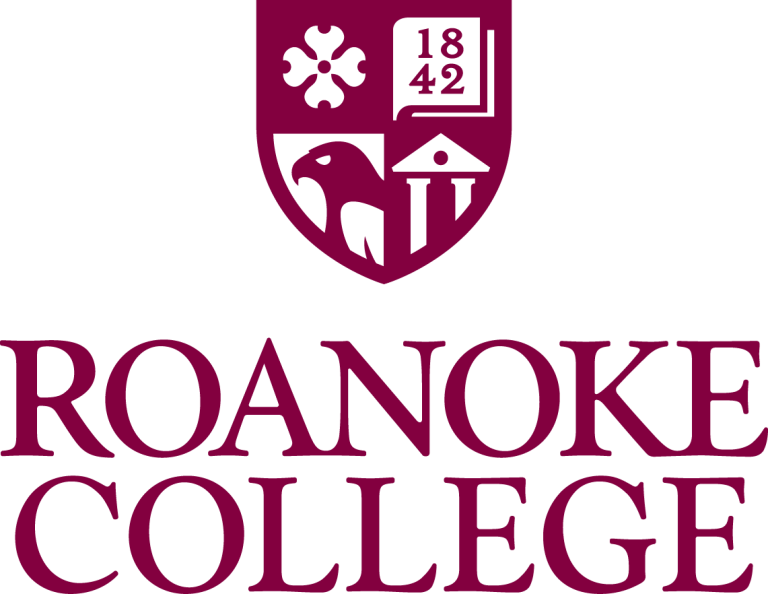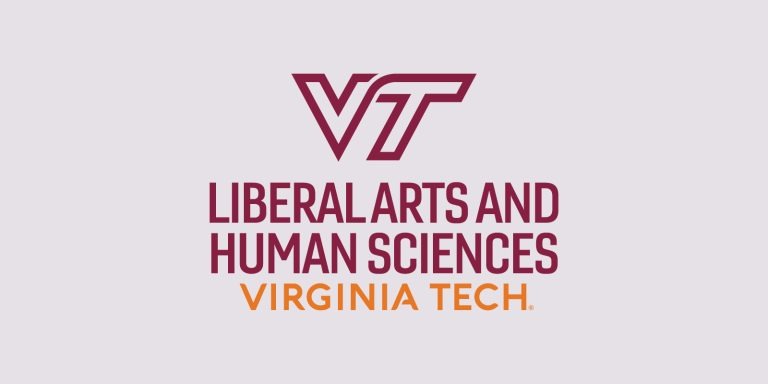
Washington and Lee University is raising a national uproar among conservatives over a current writing course entitled: “How to Overthrow the State.” But university officials say it’s all blown way out of proportion. WFIR’s Evan Jones has more:
W&L says the freshman course is designed to help students assemble and present persuasive writing. But conservative critics include former Speaker of the House Newt Gingrich, who says it is “one further sign of the insanity taking over higher education.” Students are instructed in part to produce a manifesto as part of a revolutionary movement’s efforts to overthrow a sitting government. Washington and Lee President Will Dudley says in a statement to the campus community critics have distorted the course’s intent, and the university remains committed to the value of liberal arts education.
Here is the full Washington and Lee course description:
Writing Seminar for First-Years
Concentrated work in composition with readings ranging across modes, forms, and genres in the humanities, social sciences, or sciences. The sections vary in thematic focus across disciplines, but all students write at least three revised essays in addition to completing several exercises emphasizing writing as a process. All sections stress active reading, argumentation, reflection, the appropriate presentation of evidence, various methods of critical analysis, and clarity of style.
Fall 2020, WRIT 100-18: Writing Seminar for First-Years: How to Overthrow the State (3). Prerequisite: First-year class standing . Concentrated work in composition. All students write at least three revised essays in addition to completing several exercises emphasizing writing as a process. All sections stress active reading, argumentation, the appropriate presentation of evidence, various methods of critical analysis, and clarity of style. This course places each student at the head of a popular revolutionary movement aiming to overthrow a sitting government and forge a better society. How will you attain power? How will you communicate with the masses? How do you plan on improving the lives of the people? How will you deal with the past? From Frantz Fanon to Che Guevara to Mohandas Gandhi and others, we explore examples of revolutionary thought and action from across the Global South. Students engage these texts by participating in a variety of writing exercises, such as producing a Manifesto, drafting a white paper that critically analyzes a particular issue, and writing a persuasive essay on rewriting history and confronting memory. (FW) Gildner.



